Posted by Sarah
Here is a link to Mary Pickford films on archive.org.
https://archive.org/search.php?query=%22mary%20pickford%22%20AND%20mediatype%3Amovies
Some of the shorts include DW Griffith’s An Aracdian Maid (1910), The Narrow Road (1912) and A Beast at Bay (1912). These are all about 15 minutes long.
https://archive.org/details/TheNarrowRoad
https://archive.org/details/AnArcadianMaid_179
https://archive.org/details/ABeastAtBay
I’d especially recommend some of the longer films such as Stella Maris (1918) and Pollyanna (1919).
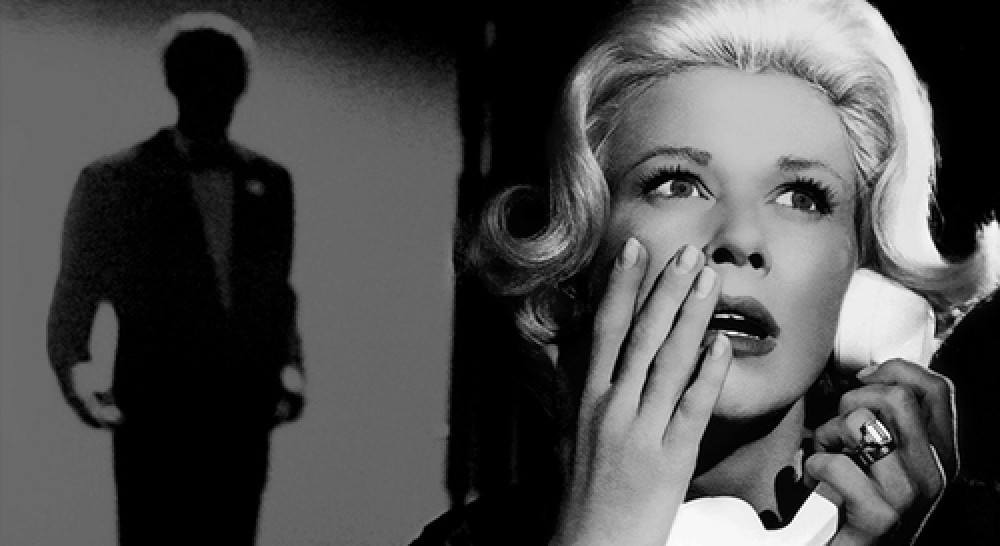
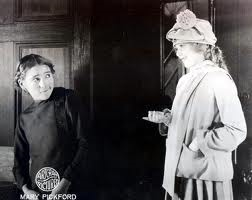
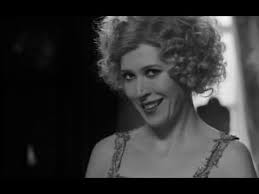
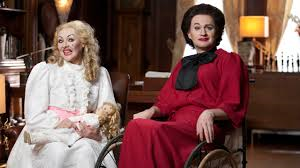

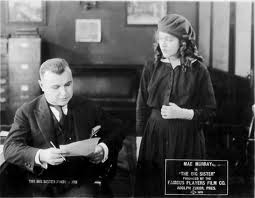

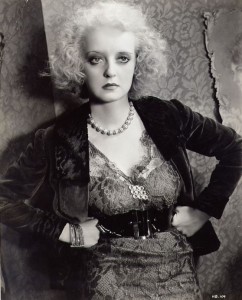
 Melodrama Research Group founder Dr Tamar Jeffers McDonald (
Melodrama Research Group founder Dr Tamar Jeffers McDonald (